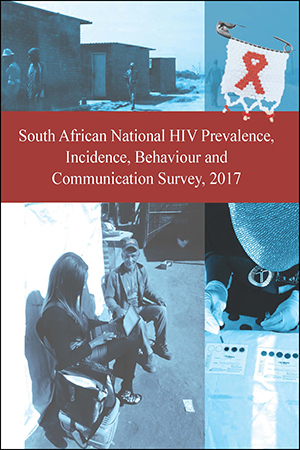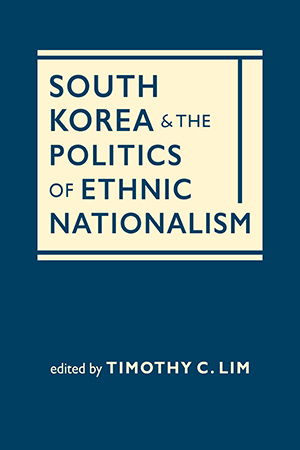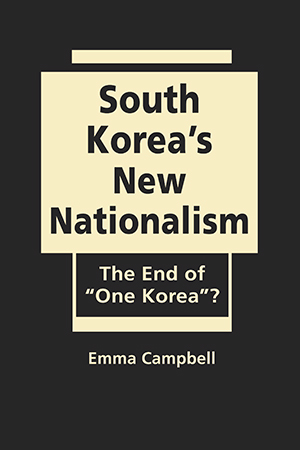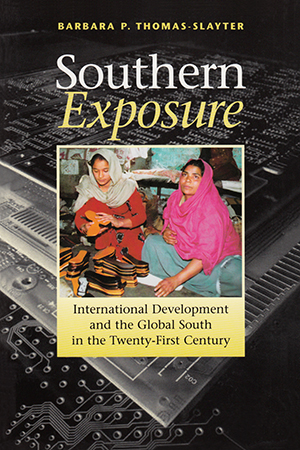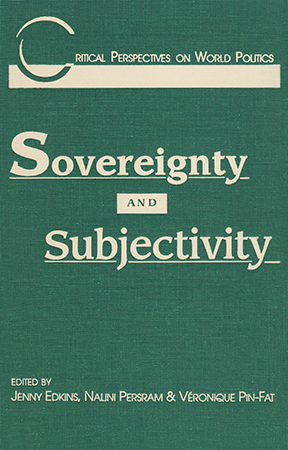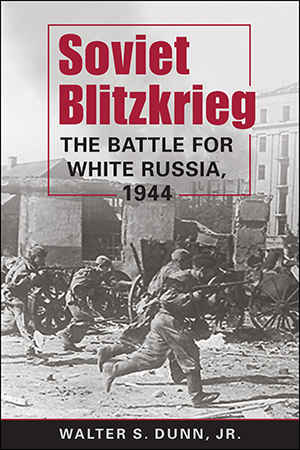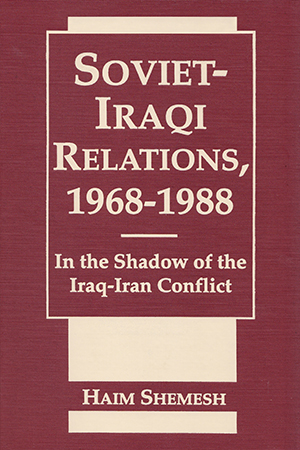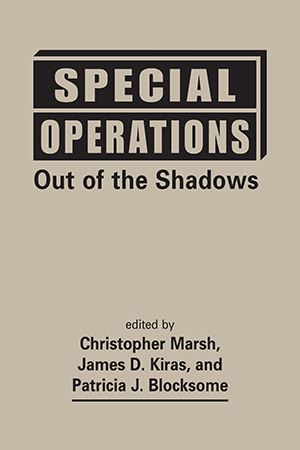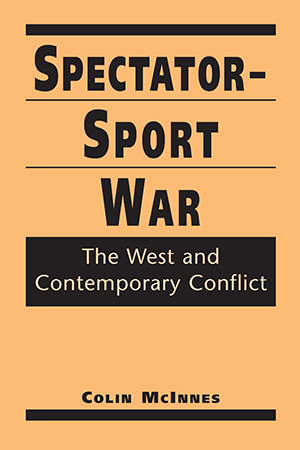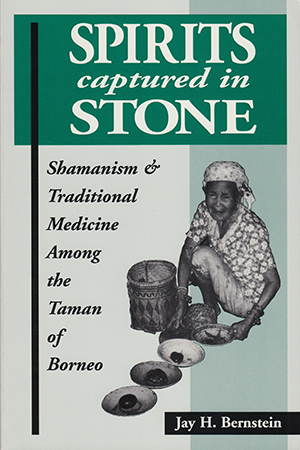BOOKS
This study reports the results of the most recent in a series of cross-sectional surveys undertaken by a research consortium led by the Human Sciences Research Council (HSRC). The consortium More >
Though for decades South Korea was considered the quintessential homogeneous nation-state, the more recent influx of significant immigration has given rise to intensely debated questions More >
Why have traditional views of national identity in South Korea—views that for years drove a demand for reunification—been challenged so dramatically in recent years? What More >
This widely used introductory text, rich with illustrative case studies, addresses the key political and economic challenges facing the countries of the global south as they engage with the More >
This provocative analysis of notions of subject and identity in international relations goes beyond discussions of identity politics to argue that sovereignty and subjectivity implicate each More >
Walter Dunn's book narrates the details of a battle on the Eastern Front that was perhaps the largest of all time and certainly one of the most significant of World War II. Nearly three More >
From the beginning of the Ba'th regime in 1968 to the end of the Iran-Iraq war in 1988, Iraq was an important ally of the Soviet Union in the Middle East. Haim Shemesh explores the More >
Why have special operations forces become a key strategic tool in the conduct of modern warfare? How do these specially trained and equipped elite units function? What types of missions do More >
Following a century dominated by global conflict—and despite the unchanging nature of the human suffering it causes—the nature of war itself, argues Colin McInnes, has been More >
This fascinating case study focuses on shamanism and the healing practices of the Taman, a formerly tribal society indigenous to the interior of Borneo. The Taman typically associate illness More >


